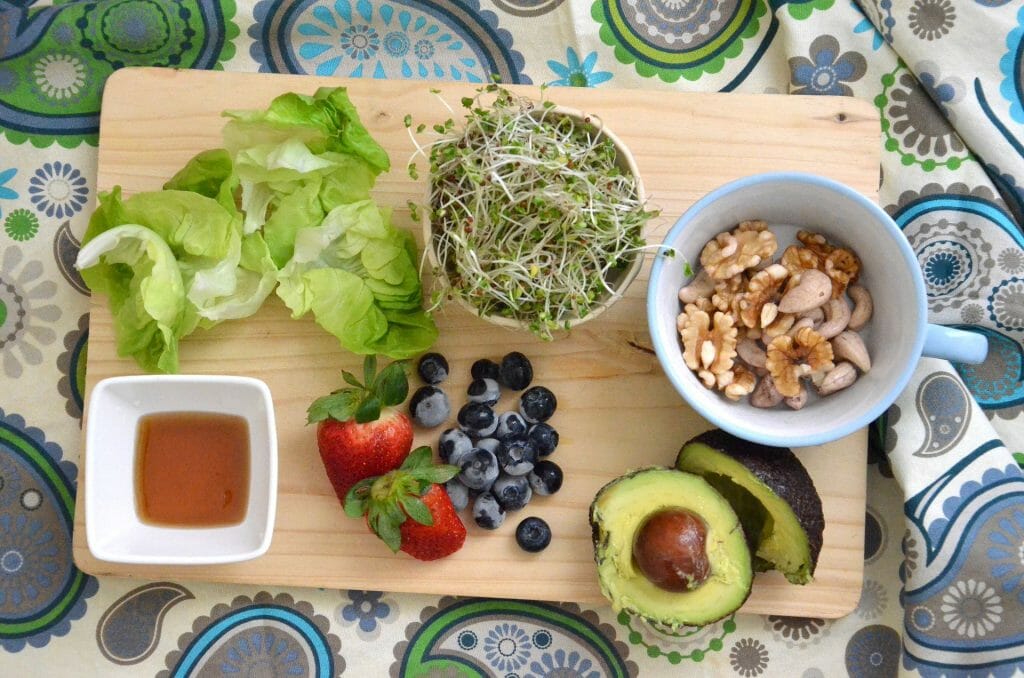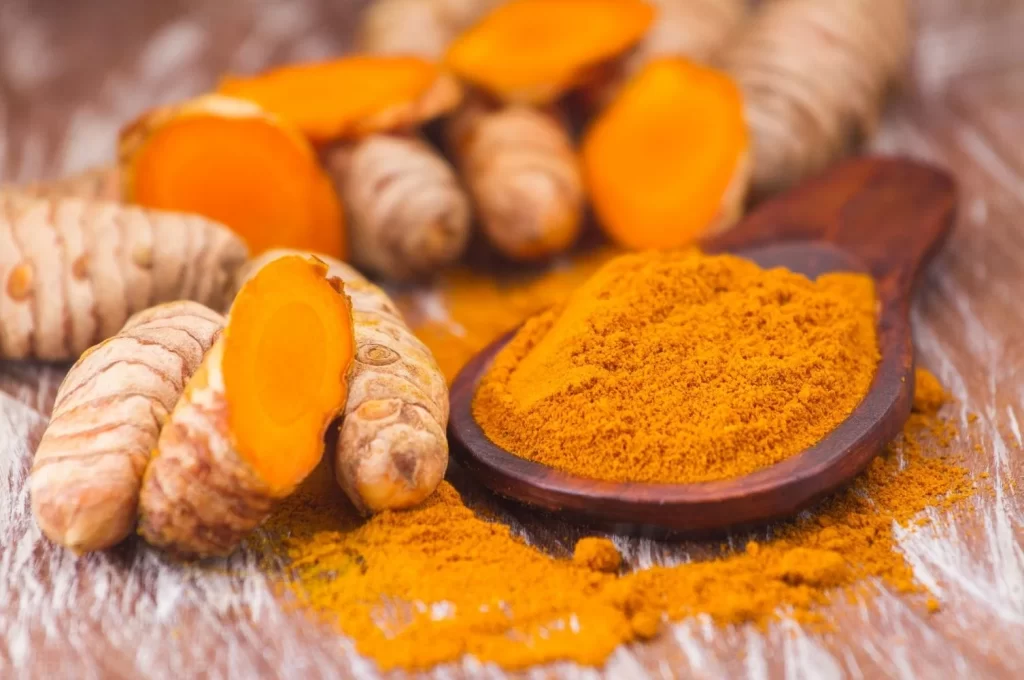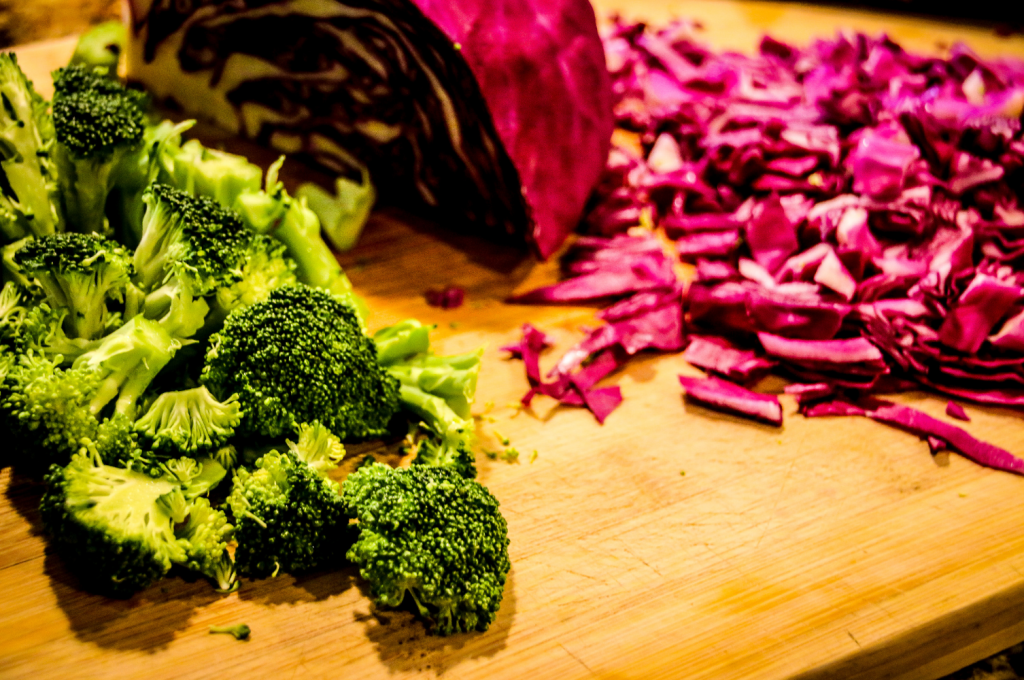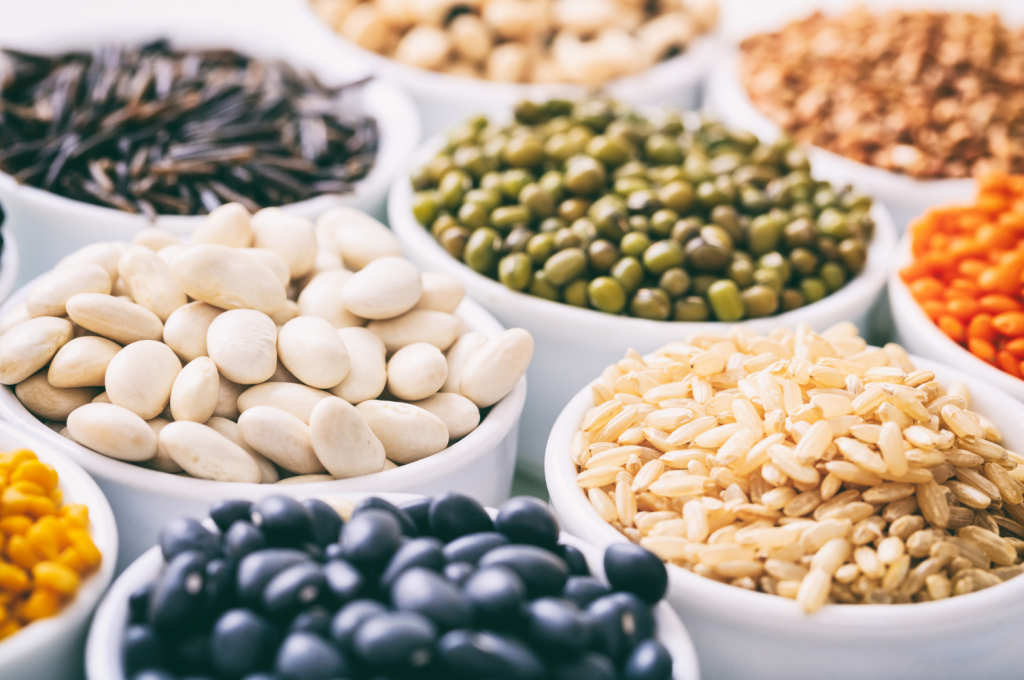12 Foods that Shrink Benign Tumors [Anti-Cancer Diet Guide]

Whether you are preventing or battling cancer, the best thing to do is to be careful about what you eat. The disease can make it difficult to obtain the nutrients and calories you need, so eating healthily is crucial for the body.
Although no food can single-handedly eradicate tumor growth, adding cancer-fighting foods into their diet will lessen the possibility of developing the disease.
In this anti-cancer diet guide, we will discuss foods that help shrink benign tumors and reduce the health risks of cancer.
12 Cancer-Fighting Foods to Include In Your Diet
1. Turmeric

This orange-colored spice is a staple in Indian curries and contains a component called curcumin that can possibly help in inducing tumor cell death and reducing cancer risk.
Curcumin is a chemical compound that has been shown to shrink and slow down the spread of certain types of cancer cells in various studies. You can find this cancer-fighting ingredient in most grocery stores and in many recipes for your anti-cancer diet.
[Related: Can Benign Tumors Become Cancerous? Interventional Radiologist Explains]
2. Green Tea
Catechins are antioxidants found in the leaves of the tea plant, Camellia sinensis. They are great for cancer prevention as they protect cells from being damaged by free radicals.
Studies have shown that catechins can shrink tumors and decrease tumor cell growth. Hence, drinking green or black teas regularly has been linked to a lower chance of developing cancer. You can opt for green tea if you want to intake more antioxidants.
3. Cruciferous vegetables

Although plant-based foods may sound boring to you, cruciferous vegetables — which include cabbage, turnip greens, broccoli, cauliflower, and Kale — can help you fight cancer, particularly colon, breast, and prostate cancers.
Research has shown that the cancer-fighting properties of these vegetables, such as vitamin C, vitamin K, manganese, and sulforaphane, can help protect your DNA from damage caused by free radicals. Hence, they are capable of protecting you from cancer-causing chemicals and slowing down the growth of cancer cells.
One study demonstrates that sulforaphane from cruciferous vegetables may have potent anti-cancer properties and significantly inhibits the growth of cancer cells and stimulates their death.
Another cancer research showed that sulforaphane and genistein (a compound found in soybeans) combined can significantly reduce breast cancer growth and size.
4. Walnuts
Walnuts are rich in polyphenols which are metabolized by the body into urolithins. Urolithins are compounds that have shown the ability to help in preventing prostate cancer development and proliferation.
Additionally, recent research suggests that adding walnuts to your healthy diet may be beneficial in preventing breast cancer. Marshall University’s study found that eating two ounces of nuts per day for two weeks reduced breast cancer risk and lowered the chance of developing it.
5. Berries
Berries are high in vitamins and minerals. The antioxidants found in berries are particularly strong. They can stop free radicals from damaging your cells, and can also prevent cancer from spreading or growing.
A study posted in the US National Library of Medicine has shown that anthocyanin (a blackberry compound) lowers biomarkers of colon cancer cells.
Another study shows that blueberries have anti-inflammatory properties that inhibit the metastasis of triple-negative breast cancer cells.
6. Tomatoes
Tomatoes have high levels of lycopene, an effective antioxidant. This compound is responsible for the vibrant red color and its anti-cancer properties.
Numerous studies have shown that a higher intake of tomatoes and lycopene could reduce the risk of developing prostate and lung cancer.
The body may absorb lycopene more easily from tomato sauces than processed tomatoes, therefore, your favorite whole-wheat pasta with marinara is a great way to get your daily dose of cancer-fighting foods.
7. Fatty fish
Regular fish consumption promises various health benefits, including a reduced risk of developing cancer.
Fatty fish such as salmon, mackerel, and anchovies are rich in vitamin B, vitamin D, potassium, and Omega-3 essential nutrients that can help your body to fight cancer.
One study showed that people who eat a lot of freshwater fish have a 53 percent lower chance of developing colorectal cancer (also known as colon cancer).
Another study showed that the consumption of fish oil of elderly men is linked to significantly lower risks for prostate cancer.
8. Folate-rich food
Normal cells can become malignant tumors if there are abnormalities in their DNA.
Eating foods rich in folate, a vitamin B-complex, helps with DNA formation and repair.
Research has shown that folate deficiencies can damage the DNA which increases the risk of certain types of cancer. On the contrary, sufficient folate levels can be effective protection against the risk of cancer cell growth.
These are some sources of folate to help you fight the risk of cancer:
- Broccoli
- Brussels sprouts
- Leafy green vegetables
- Peas
- Chickpeas, kidney beans
- Grain products with folic acids
9. Legumes

The fiber in legumes like beans, peas, and lentils may lower the risk of getting cancer. Beans contain anti-inflammatory, antioxidant, and cancer-fighting substances that may protect cells against damage and slow down the growth of benign tumor cells.
Research shows that people who consume high amounts of bean fiber were 20% less likely to develop breast carcinoma than those with lesser intake.
10. Whole Grains
Oatmeal, barley, brown rice, and whole-wheat bread are low glycemic index carbohydrates that have many components that may lower your risk of developing cancer. These include fiber and antioxidants.
Low glycemic index foods avoid spikes in blood sugar that can lead your body to store more fat.
Oats, in particular, contain selenium and plant lignans that boost the immune system and lower the risk of hormone-sensitive cancers.
11. Garlic and olive oil
Both garlic and olive oil have so many potential health benefits that they became staples in the kitchen of people who are following a diet rich in cancer-fighting substances.
Numerous studies have shown that an increase in olive oil and garlic intake may be potent against cancer.
A massive review of 19 studies found that those who ate the most olive oil had a lower chance of developing breast cancer or cancer of the digestive tract.
It is easy to swap out other oils for olive oil and reap the health benefits. It can be drizzled over salads, cooked vegetables, and marinades for meat, poultry, and fish.
Although it is difficult to prove a direct connection between garlic consumption and cancer prevention, the National Cancer Institute suggests that increased intake of garlic can be associated with lower risks of breast, stomach, esophagus, pancreas, and colorectal cancer.
12. Water
Generally, all of us should drink an adequate amount of water daily to avoid dehydration. Your body can’t function properly if there’s not enough fluid.
Fluid consumption has many benefits, including:
- controlling your heart rate and blood pressure
- maintaining your body’s temperature
- eliminating toxins and waste
- transporting nutrients and oxygen around the body
- protecting the organs, tissues, and joints
Likewise, it is highly important to stay hydrated if you’re diagnosed with cancer. Your body loses more fluid than you take in if you’re under chemotherapy and other cancer procedures and treatment.
Dehydration can lead to serious consequences, especially for those who are battling cancer. If you experience any of the following symptoms, let your doctor know.
- Extreme thirst that won’t stop when you drink
- Irritation or confusion
- Inability to pee or sweat.
- Fever
- Fast heartbeat
- Very dark urine
- Low blood pressure
Let’s Fight Cancer In a Healthy Way
There is no such thing as a “superfood” that will prevent cancer, however, various pieces of evidence suggest that certain dietary habits may offer some protection.
Cancer prevention may be possible by eating whole foods such as fruits, vegetables, lean protein, healthy fats, and whole grains.
Likewise, people with cancer should eat a healthy and balanced diet to maintain their quality of life and ensure optimal health outcomes.
It’s always best to connect with a health professional and seek medical advice to further prevent the risks of chronic diseases, such as cancer. Remember, early detection and prevention is the best way to avoid cancer altogether.
For more information about tumor growth, read our guide here.
To book a doctor’s appointment for tumor ablation, call us at 928.771.8477.
Vascular & Interventional Specialists of Prescott was formed in 2010 by a group of subspecialty radiologists that perform numerous minimally-invasive, low-risk procedures using the tools of our trade for guidance—x-ray, ultrasound, CT scan, and MRI. The team’s goal is to educate patients and medical communities, while also providing safe and compassionate health care, with rapid recovery times and low risk of complications.
